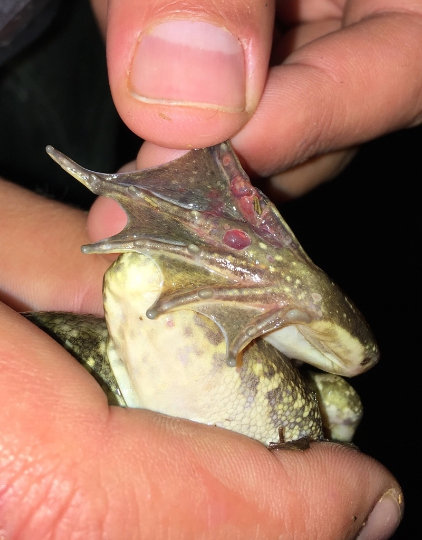Invasive Pathogens and Fungi
Invasive pathogens are non-native species comprised of bacteria or other organisms that cause disease in plants and animals. Some fungi also fit into this category. Transmission of these agents often occurs through direct transmission, though a few like Beech Leaf Disease (BLD) happens as a result of the feeding of an invasive organism. They can be very persistent, often remaining within the soil, water, and elsewhere (e.g., host organisms) for many years. For some of these, there is no cure for the disease once an organism has been infected.
Although not an exhaustive list, the following species are examples of prevalent invasive pathogens and fungi affecting the state:
Sudden Oak Death Syndrome (SOD)
Phytophthora ramorum
Description: Fungus
Resources: NJDEP | Forest Health | New Jersey Forest Service
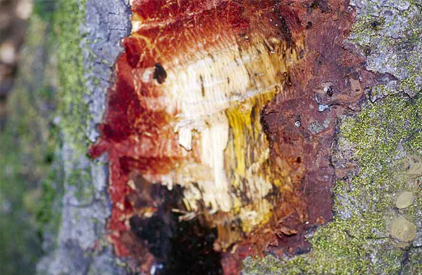
Oak Wilt
Ceratocystis [Bretziella] fagacearum
Description: Fungus
Resources: NJDEP | Forest Health | New Jersey Forest Service
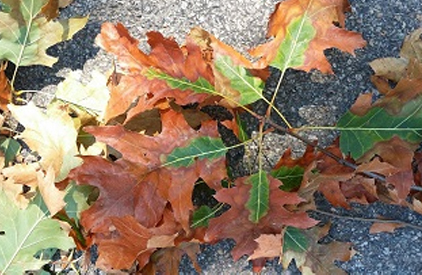
Dutch Elm Disease (DED)
Ophiostoma ulmi, O. himal-ulmi, O. novo-ulmi
Description: Fungus
Resources: NJDEP | Forest Health | New Jersey Forest Service
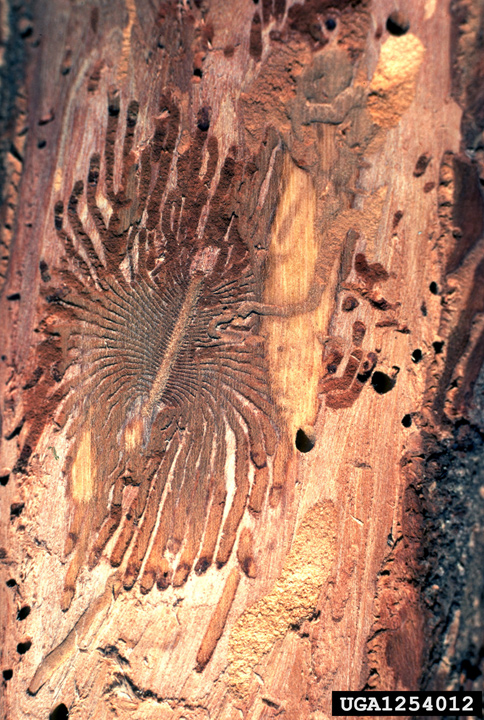
Chestnut Blight
Cryphonectria parasitica
Description: Fungus
Resources: NJDEP | Forest Health | New Jersey Forest Service
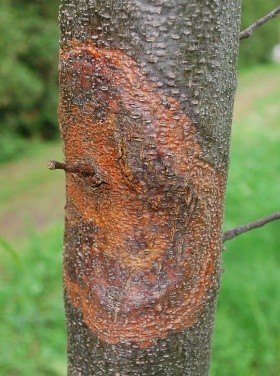
Beech Leaf Disease (BLD)
Caused by Litylenchus crenatae mccannii
Description: Nematode causes BLD
Resources: NJDEP | Forest Health | New Jersey Forest Service
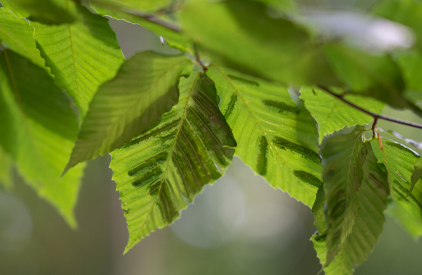
Beech Bark Disease (BBD)
Neonectria faginata and N. ditissima
Description: Fungus, introduced by feeding activity of beech bark scale insect (Cryptococcus fagisuga)
Resources: NJDEP | Forest Health | New Jersey Forest Service
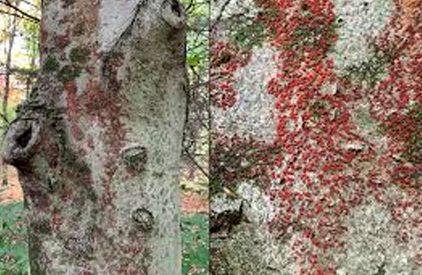
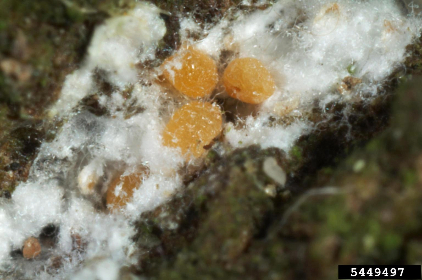
Bacterial Leaf Scorch (BLS)
Xylella fastidiosa
Description: Bacterium, transmitted by leafhopper and spittlebug insects
Resources: NJDEP | Forest Health | New Jersey Forest Service
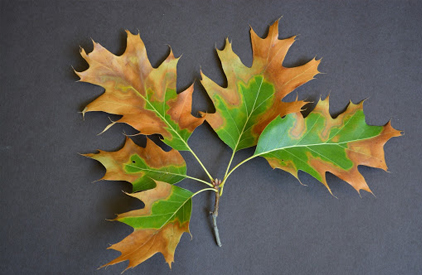
White Nose Syndrome (WNS)
Pseudogymnoascus destructans, Pd
Description: Fungus
Resources: White Nose Syndrome (nj.gov); White-Nose Syndrome Research – Conserve Wildlife Foundation of NJ (conservewildlifenj.org)
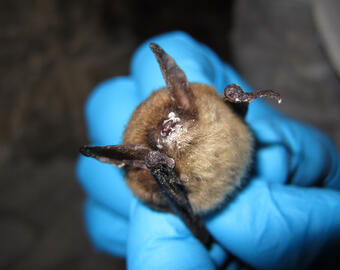
Chytrid Diseases – Amphibians
Batrachochytrium dendrobatidis, Bd
Description: Fungus
Resources: Chytrid (nj.gov); Amphibian Diseases | U.S. Geological Survey (usgs.gov)
